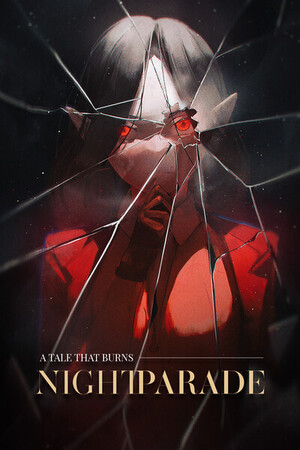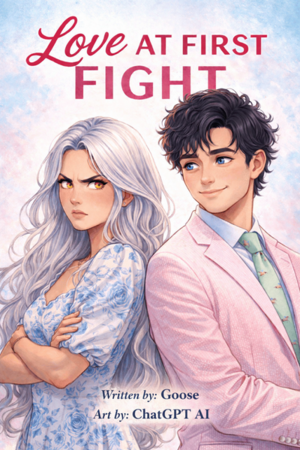Chapter 3:
Blood Moon Rising
Dust Tracks and Blood Moons
The sketches grew more and more detailed.
Every night, Liz returned to the canyon, sometimes with offerings—apple slices, bits of meat wrapped in cloth. She never saw the creature fully again, but she felt it watching, listening. When she whispered, the wind replied with rustles and low murmurs from the dry brush.
She read through Abuela Rosa’s journals next. Tucked beneath blankets in the guest room, they were filled with stories half-wild, half-wise. Notes about sightings, moon phases, warnings written in shaky Spanish. One entry stood out:
“The chupacabra is not hunger. It is grief. It drinks because it has no voice.”
Liz didn’t understand until the third week, when she followed faint tracks deeper than ever before—past twisted trees and an old stone well split by time. She crouched low, barely breathing. And it appeared.
Not a monster. Not a myth. Just… broken.
Its eyes glinted like obsidian, but they held no malice. Its body was gaunt, fur missing in patches, ribs sharp enough to cut. Around its neck hung a frayed piece of leather—maybe a collar, maybe something sacred. Liz didn’t move.
“What happened to you?” she whispered.
It watched her. The silence stretched long and aching. Then, slowly, it turned and limped away. She should have called someone. Taken better photos. Verified the truth. Instead, she pulled out her sketchbook and drew—not just the creature, but its sadness. The canyon walls, the bones, the quiet. That night, the blood moon rose over the fields. Abuela Rosa stood beside Liz on the porch, sipping tea laced with something herbal and strong.
“You saw it,” Abuela said, not asking.
Liz nodded. “It’s not what people say.”
“It never is.”
They stood there until the moon crawled high, painting the fields in rusty light.
“I think it used to be loved,” Liz said. “Before.”
Abuela Rosa smiled, tears glinting at the corners of her eyes. “Don’t we all?”



Please sign in to leave a comment.